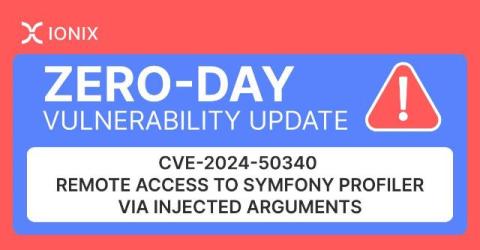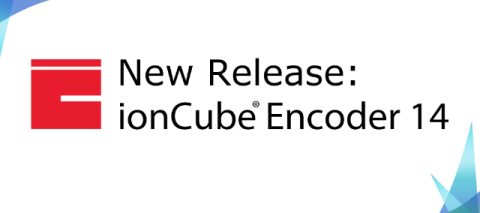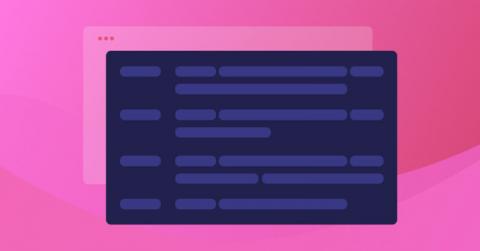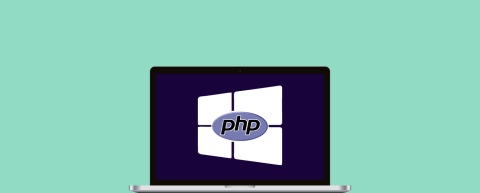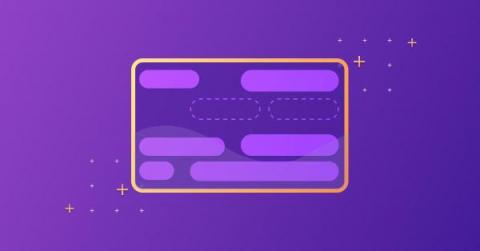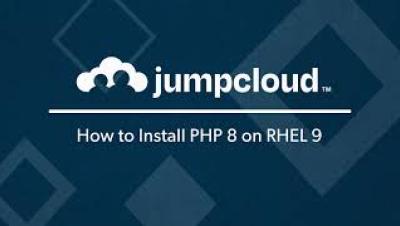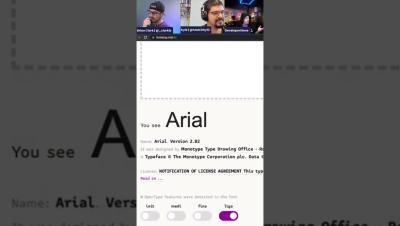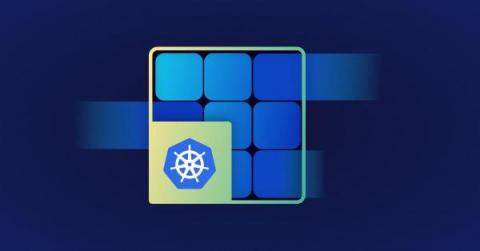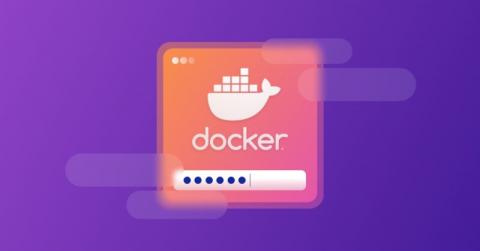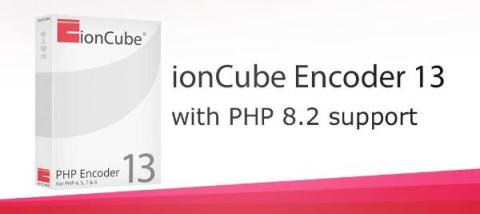Security | Threat Detection | Cyberattacks | DevSecOps | Compliance
PHP
New Release: ionCube Encoder 14 with PHP 8.3 support
What you should know about PHP code security
CVE-2024-4577 - A PHP CGI Argument Injection Vulnerability in Windows Servers
Getting started with PHP static analysis in 2024
How to Install PHP 8 on RHEL 9
Exploiting dompdf Vulnerability with PHP #cybersecurity #applicationsecurity
Best practices for building a production-ready Dockerfile for PHP applications
Docker is a containerization platform for bundling your code, dependencies, and runtime environment into self-contained units that run identically in different environments. Dockerizing a PHP application simplifies deployment by packaging the PHP runtime, a web server, and your source code and composer dependencies into a container. Getting started with Docker is easy. However, there are a few pitfalls you need to avoid before you can safely use it in production.
How to Dockerize a PHP application securely
Let’s say you’ve built a PHP application, but you want to separate it from supporting infrastructure in a way that keeps things lightweight, portable, and still quite secure. You’d like other developers to be able to work on it without having to recreate whole environments. In short, what you want to do with your application is containerize it — package it and its dependencies into containers that can be easily shared across environments.
NEW Release - ionCube Encoder 13 with PHP 8.2 support
29th August Update: We would like to thank everyone for their patience while we finalised the last steps of this release and are pleased to announce that ionCube Encoder 13 is now available. You can upgrade existing version 11/12 licenses to version 13 or purchase new directly at ioncube.com. ionCube Encoder 13 supports PHP 8.2 encoding where it is possibly to run encoded files on PHP 8.2 with the latest v13.0.1 Loader or later. —


